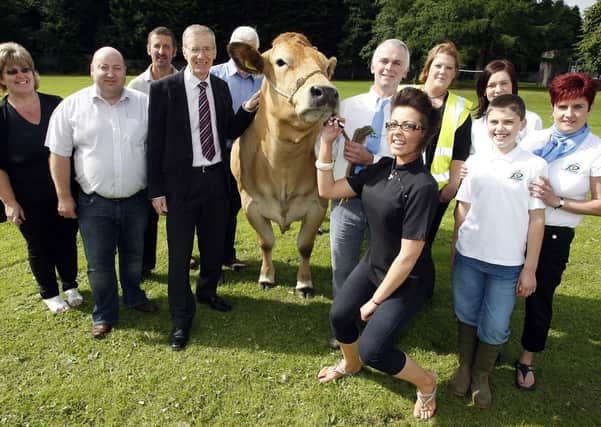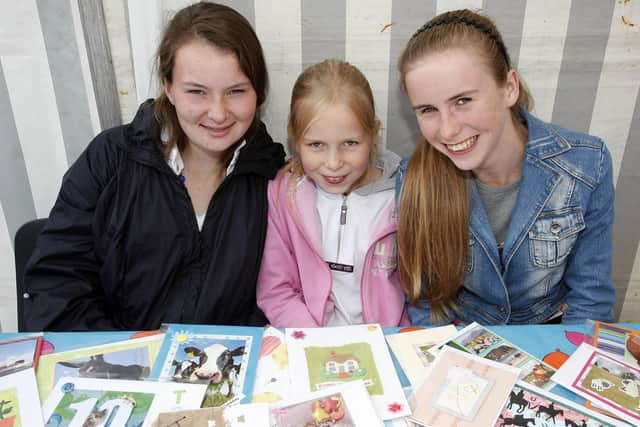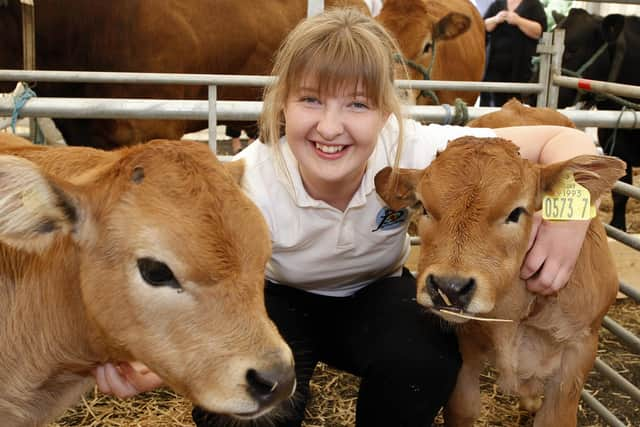BYGONE DAYS: Union urges talks to deal with drop in tillage in the province


The editorial continued: “A substantial decrease in tillage and in livestock numbers - except pigs - is recorded, and the figures are all the more disappointing when we recall successive appeals to farmers to grow more fodder and to make their farms self-sufficient because imported feeding stuffs are both scarce and dear.”
Anxieties about the decline in tillage in Northern Ireland had been voiced as early as February 1951 by the Minister of Agriculture noted the News Letter’s editorial.
Advertisement
Advertisement
“Concern felt in official quarters was voiced by the Ulster Minister Agriculture February, when he was highly critical of the farmers, mainly on account of tillage decline.


“The Prime Minister [Sir Basil Brooke], himself a practical farmer and a former Minister of Agriculture, told the industry in the same month that in rearing livestock, which by tradition is the main preoccupation of Ulster farmers, a fundamental problem is the feeding, and that Ulster must grow more feeding stuffs.
“On his own land, he said, he had increased tillage by 100 per cent, using about half it for conservation purposes.”
But farmers in Northern Ireland had argued that the decline in tillage was only to be expected due to the postwar needs and practices.
Advertisement
Advertisement
The News Letter commented: “The farmers’ case is that a decline from wartime peak production is inevitable in today’s conditions. In a recent considered statement, the Ulster Farmers’ Union, drawing attention to rising costs, stated that these were met only in part by the last price review, and that since then the movement had gone to an extent not anticipated.


“They pointed to the ‘extraordinary’ level of prices fixed by the government for fertilisers.
“Farmers, they declared, were being squeezed financially, and there was bound to be retrenchment and falling output.
“It is questionable whether the government at Westminster was wise in removing the fertiliser subsidy and causing an increase – from July 1 – of 12½ per cent, for sulphate of potash to 82 ½ per cent for superphosphates.
Advertisement
Advertisement
“The increase exceeded all expectations and as it has added to the rising costs since the price review farmers have some justification for feeling resentment.”
The editorial concluded: “Both the National Farmers’ Union in England and Wales and the Ulster Farmers’ Union here have asked for discussions with their governments, but so far the official view seems to be that farming is still a reasonably remunerative occupation.
“Nevertheless, a discussion of current problems in Ulster between government and union might do some good.
“The general community will suffer in the end if farm production declines, for the world food outlook is becoming increasingly serious for a country which, like the United Kingdom, has built up its population on cheap imported food.”
BLACK MARKET MEAT
Advertisement
Advertisement
A farmer was fined £100 and a butcher was sentenced to three months imprisonment at Stowmarket (Suffolk) during this week in August 1951 for what Mr Ronald Long, prosecuting, described as “a black market meat transaction”. The farmer, Charles Harry Fellingham of Haughley was charged with “illicitly slaughtering a boar”.
The butcher, Phillip Horace Clarke of Newmarket, was accused of “having for sale meat not sold on behalf of the Ministry of Food”.